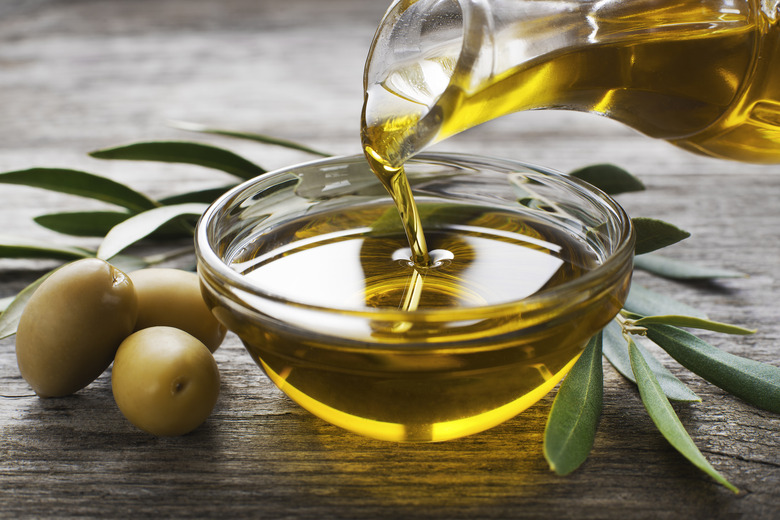Physical Address
Suite 5, 181 High Street,
Willoughby North NSW 2068
Physical Address
Suite 5, 181 High Street,
Willoughby North NSW 2068

When you are making a quick salad at home, you may reach for the olive oil to drizzle it on top of the lettuce without thinking about its molecular composition. Common cooking oils are unsaturated fats such as olive, canola, soybean or peanut oil. They are easy to add to your favorite salad because they are liquid at room temperature. Compare them to butter, which remains solid at room temperature, and you will see one of the main differences between saturated and unsaturated fats.
The molecular structure of unsaturated fats makes them liquid at room temperature. Their fat molecules do not stack easily, so they cannot form a solid at this temperature.
Unsaturated fats have one or more double bonds inside their fatty acid chains. The two carbons on the hydrocarbon molecules each have triple or double bonds, and hydrogens cannot saturate them. This makes the entire molecular structure weaker, so the substance stays liquid at room temperature. On the other hand, saturated fats do not have these double bonds in their fatty acid chains and are solid at room temperature.
Monounsaturated and polyunsaturated are the two main groups of unsaturated fats. Monounsaturated fats only have one double bond per molecule, and polyunsaturated fats have more than one double bond. In general, nutritionists consider unsaturated fats a healthier option compared to saturated fats.
Many cooking products such as canola and soybean oils are unsaturated fats. Other examples include peanut, corn, olive, safflower and sunflower seed oils. Unsaturated fats are also more common in fish. In addition, you can find these types of fats in some vegetables. In general, unsaturated fats are in nuts, seeds, fish and olives.
However, there are exceptions to the rules. Some oils that can remain liquid at room temperature are actually saturated fats. Coconut and palm oils are two examples of these exceptions. They can be liquid while they are sitting on your kitchen counter, but they are still saturated.
You can make an unsaturated fat saturated and solid through a hydrogenation reaction. When you add two hydrogens to an unsaturated molecule across the double bond, you get a saturated one. This is an example of an alkene becoming an alkane. The reaction can look like this: H2C=CH2 + H2 -> CH3CH3
Hydrogenation is common in manufacturing that makes unsaturated products saturated. For instance, liquid oils go through this process to become shortening and spreads, which makes them more chemically stable.